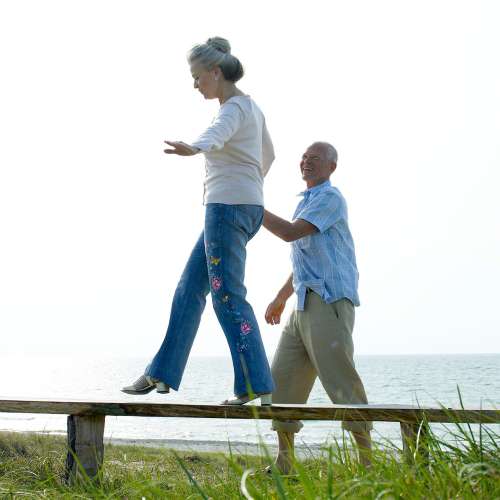Hello. I had surgery on September 6th for an ostomy. I still don't feel better. I have a hernia that developed a week after my surgery. It showed up on a CT scan. (No blockage) Anytime I drink or eat, I have pain in my chest, tightening in my stomach, and a tightness that feels like I'm suffocating. My CT scans have shown no blockage but a lot of gas. Anytime I eat, I choke on my food and liquid. The last time I went to the hospital, they said they couldn't help me and didn't even give me fluids, knowing I was dehydrated. I was sent home from surgery with no support, no stoma nurse. My stoma was supposed to be temporary, and two weeks after the surgery, the surgeon said it will be permanent. My surgeon has said she won't see me again until a year from now when they will make it permanent. I feel like I did the wrong thing by having this surgery, yet I had no choice as my colon stopped working after I got Covid. At this point, I don't know what to do because doctors don't help, don't listen, and in general, I feel don't care. Thanks for listening.

Why Join MeetAnOstoMate?
First off, this is a pretty cool site with 37,774 members who truly understand you.
It's not all about ostomy. We talk about everything.
Many come here for advice or to give advice, others have found good friends, and some have even found love. Most importantly, people here are honest and genuinely care.
🛑 Privacy is very important - we have many features that are only visible to members.
Create an account and you will be amazed by the warmth of this community.
Advertisement
Hollister
Returning to work after ostomy surgery should not be rushed.
Check out our 4 necessities before getting back on the job, and our other workplace tips.
Check out our 4 necessities before getting back on the job, and our other workplace tips.
Advertisement
Hollister
Urinary tract infections can still occur after urostomy surgery.
Learn about some basic diet and ostomy pouch routines that can help prevent them.
Learn about some basic diet and ostomy pouch routines that can help prevent them.





